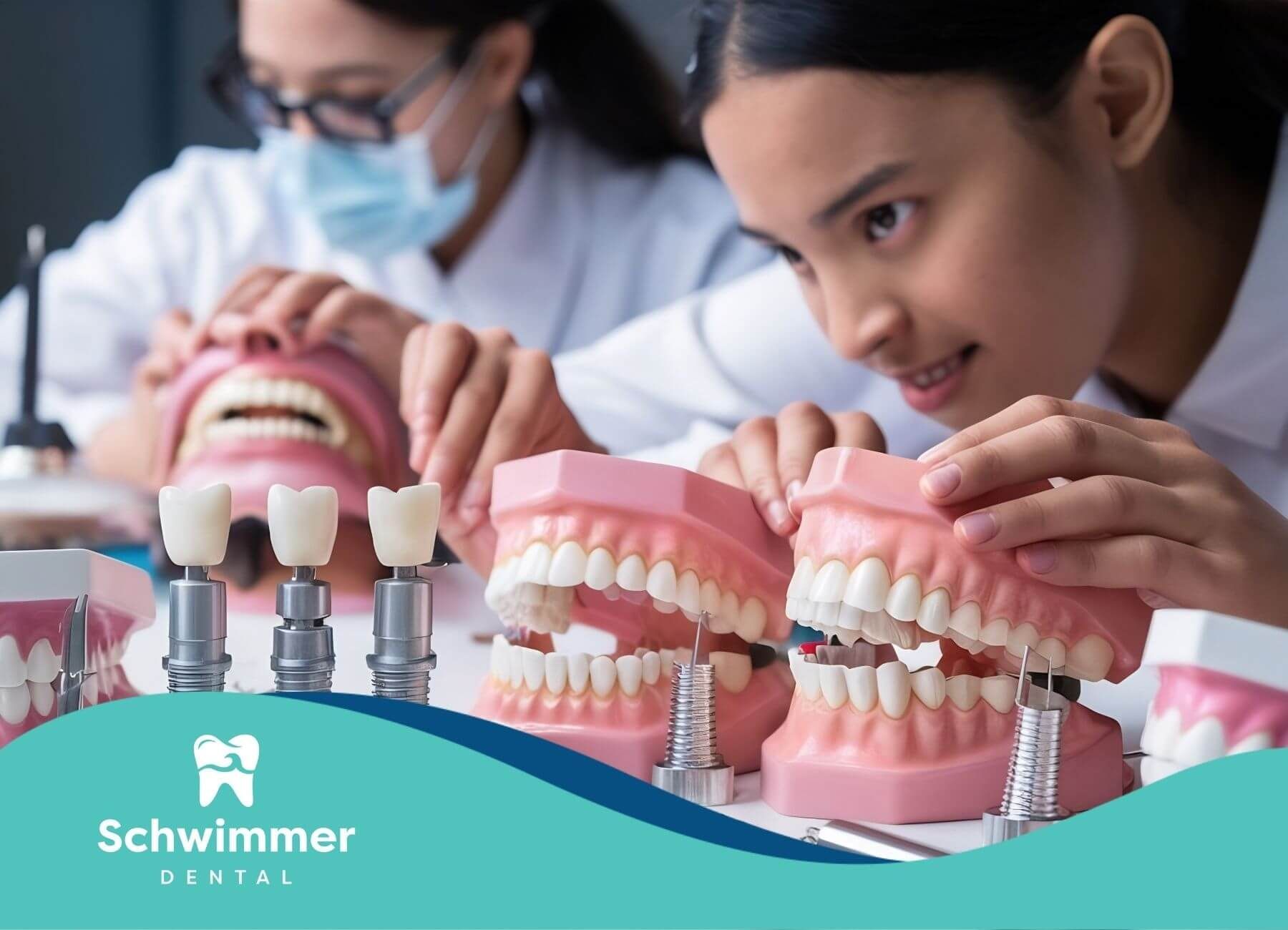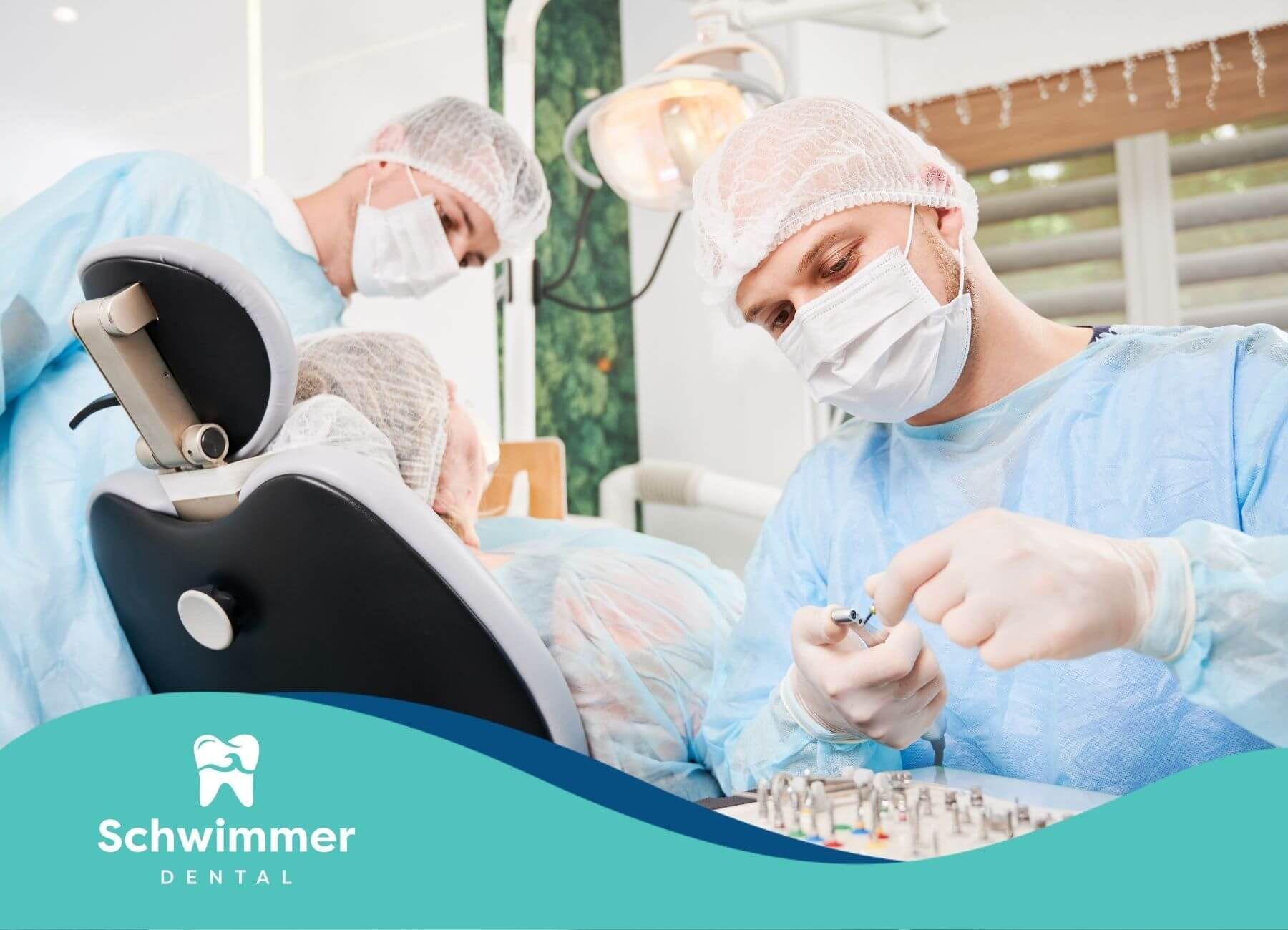Simple Steps for Effective Dental Hygiene for Vacation Fun
Maintaining proper dental hygiene for vacation can help travelers avoid tooth decay, bad breath, and unexpected toothaches while they explore new places. With 71 percent of Americans planning a summer trip, it makes sense to pack the right tools and follow solid habits. This guide outlines simple, practical steps that allow travelers to keep their smiles bright and focus on fun.
Pack Oral Care Kit
Putting together a dedicated travel kit ensures all essential items stay within easy reach. A well-organized kit helps individuals stick to familiar routines, even when luggage is stashed in overhead bins or hotel closets.
Include Essential Supplies
A basic oral care kit should contain:
- A toothbrush (manual or electric) with a protective cover
- Travel-size fluoride toothpaste
- Dental floss or floss picks
- Compact mouthwash or mouth rinse tablets
- Sugar-free gum, ideally with xylitol
- A small mirror for quick checks
- Temporary filling material, cotton gauze, and pain relievers for emergencies
Choose TSA-Friendly Items
Travel regulations vary, but most airlines allow:
Pros
Lightweight, simple to pack
Cons
Less powerful plaque removal
Pros
Better cleaning performance
Cons
Requires battery or charging
Pros
Leak-proof, TSA-approved containers
Cons
Limited supply
Pros
Pre-threaded, easy single use
Cons
Creates small waste
Electric toothbrushes are permitted in both carry-on and checked bags, but travelers should pack chargers in their carry-on to avoid lost luggage mishaps.
Maintain Brushing and Flossing
Sticking to a familiar routine protects enamel and prevents plaque buildup when schedules are hectic or time zones shift.
Stick to Twice Daily Routine
Brushing at least twice a day, morning and evening, removes plaque and helps prevent gum disease. Setting smartphone reminders can reinforce these habits on the go. When crossing time zones, aligning brushing times with local breakfast and bedtime is helpful.
Floss When Brushing Not Possible
Floss picks or single-use dental floss help remove food particles after meals when a sink isn’t handy. Keeping a small stash in pockets or day bags makes flossing discreet and convenient.
Practice Safe Water Use
In regions with uncertain tap water, bottled water is safest for brushing and rinsing. If bottled water is unavailable, boiled or treated water helps avoid potential contaminants that may irritate gums.
Pick Teeth-Friendly Snacks
Choosing snacks that support oral health reduces acid attacks between brushings and helps maintain a neutral pH in the mouth.
Snack Choices for Oral Health
Below is a quick reference for travel-ready snacks and their benefits:
| Snack | Oral Health Benefit |
|---|---|
| Nuts | Scrape plaque while chewing |
| Cheese | Neutralizes plaque acids, provides calcium |
| Raw Vegetables | Stimulate saliva, mechanically clean teeth |
| Apples | Natural brushing effect on enamel |
| Greek Yogurt | Supplies calcium and probiotics |
Avoid sticky candies and continuous sugar exposure, as these increase the risk of cavities during long travel days.
Chew Sugar-Free Gum
Gum containing xylitol stimulates saliva flow, which helps wash away food debris and neutralize acids. It is not a substitute for brushing, but chewing after meals can bolster oral defenses.
Stay Hydrated on Trips
Proper hydration supports saliva production, which is a natural defense against tooth decay and gum disease.
Carry a Water Bottle
A reusable bottle encourages regular sips. Consuming at least eight glasses of water per day helps rinse away lingering food particles and bacteria. In arid or high-altitude destinations, increasing intake can counteract dry mouth.
Recognize and Avoid Dehydration
Symptoms such as dry lips, headache, or fatigue may signal dehydration. Frequent water breaks, especially after coffee or alcoholic beverages, protect both overall health and oral tissues.
Plan for Dental Emergencies
Even the best habits cannot guarantee zero issues. A
bit of preparation minimizes stress if pain or damage occurs.
Create a Dental Emergency Kit
In addition to routine supplies, include:
- Temporary filling material and dental cement
- Cotton gauze or sterile pads
- Over-the-counter dental pain relievers
- A list of basic first-aid steps for toothaches and lost fillings
Research Local Dental Services
Before departure, travelers should identify nearby dental clinics and confirm accepted insurance plans. Those based in Point Pleasant Beach, New Jersey, for instance, can bookmark local dentists’ contact information to ensure quick access in case of urgent care needs.
Schedule Pre-Travel Checkups
A professional cleaning and exam before a trip can uncover issues and reinforce good habits.
A checkup one to two weeks prior to departure allows time for any necessary treatments. Parents scheduling appointments for children, adults with braces, and seniors with dentures gain peace of mind. Early intervention prevents minor concerns from turning into travel-disrupting emergencies.
Conclusion
Travelers who follow these steps can focus on adventures rather than oral health worries. Assembling a well-stocked kit, sticking to familiar brushing and flossing schedules, choosing tooth-friendly snacks, staying hydrated, and planning for emergencies all contribute to a healthy, confident smile on the road. Scheduling a pre-trip dental visit adds an extra layer of protection.
At Schwimmer Dental, we help you prepare for life’s adventures with healthy teeth and gums that stay strong wherever you go. Whether you’re heading out for business or a family vacation, a quick pre-trip visit to our dental clinic in Point Pleasant Beach, NJ, ensures small issues don’t turn into big problems while you’re away.
Schedule your appointment with us today and enjoy your travels with confidence, knowing your oral health is protected.
Frequently Asked Questions
Should I see my dentist before going on a trip?
Yes. A pre-trip dental check-up helps catch small issues early and ensures you won’t have unexpected toothaches or emergencies while traveling.
What should I pack in a travel dental kit?
Essentials include a toothbrush, toothpaste, floss, mouthwash, sugar-free gum, and a travel-sized water bottle. Some travelers also pack a small dental mirror or temporary filling material for emergencies.
How can I maintain good oral hygiene while traveling?
Stick to your regular brushing and flossing routine, choose tooth-friendly snacks like nuts and cheese, drink plenty of water, and avoid too many sugary drinks or treats.
SOURCES:
https://www.colgate.com/en-us/oral-health/adult-oral-care/how-to-maintain-good-dental-care-while-traveling
https://www.uhcsafetrip.com/tips/handling-dental-emergencies-while-traveling/
https://medlineplus.gov/ency/article/001957.htm
https://www.healthline.com/health/dental-and-oral-health/best-practices-for-healthy-teeth
https://www.healthdirect.gov.au/teeth-cleaning



